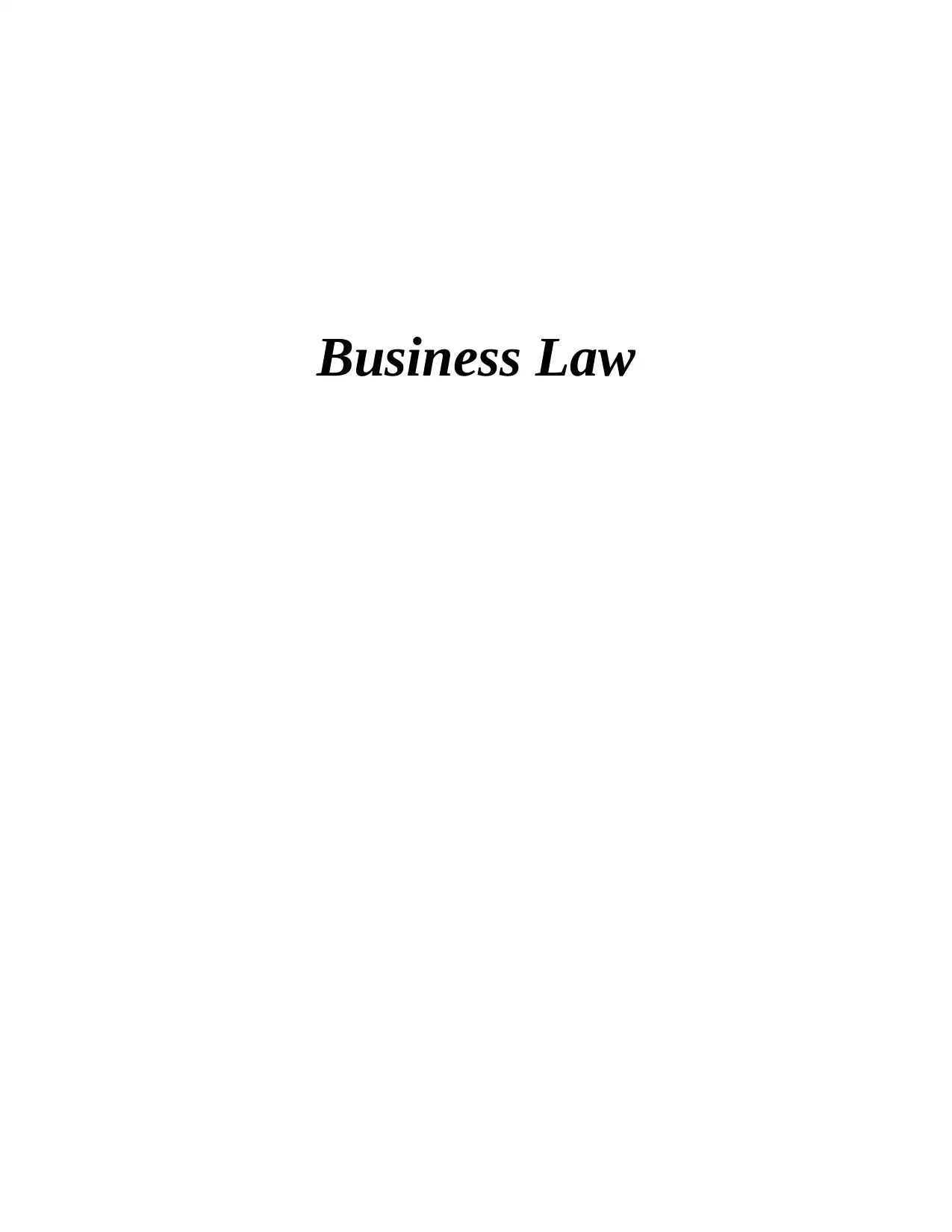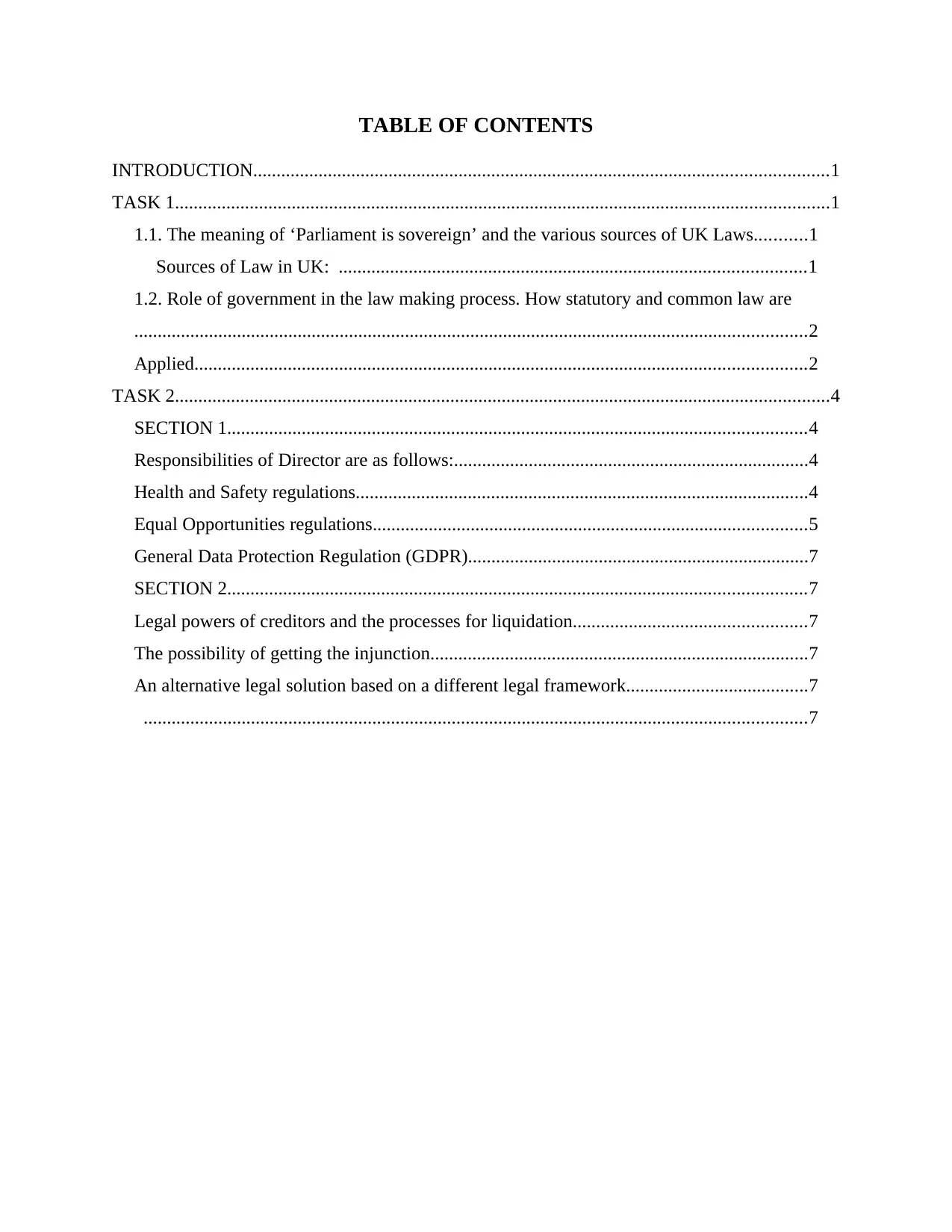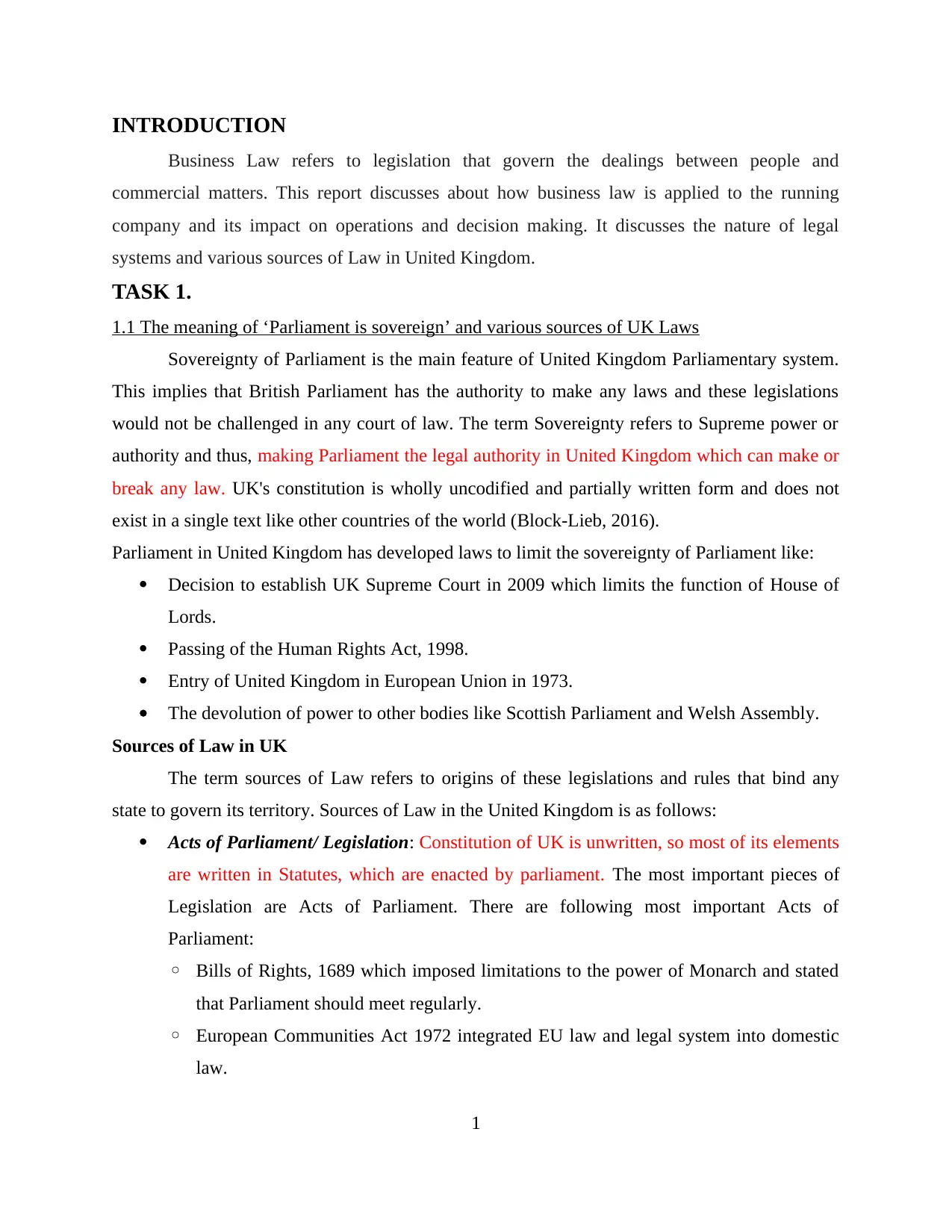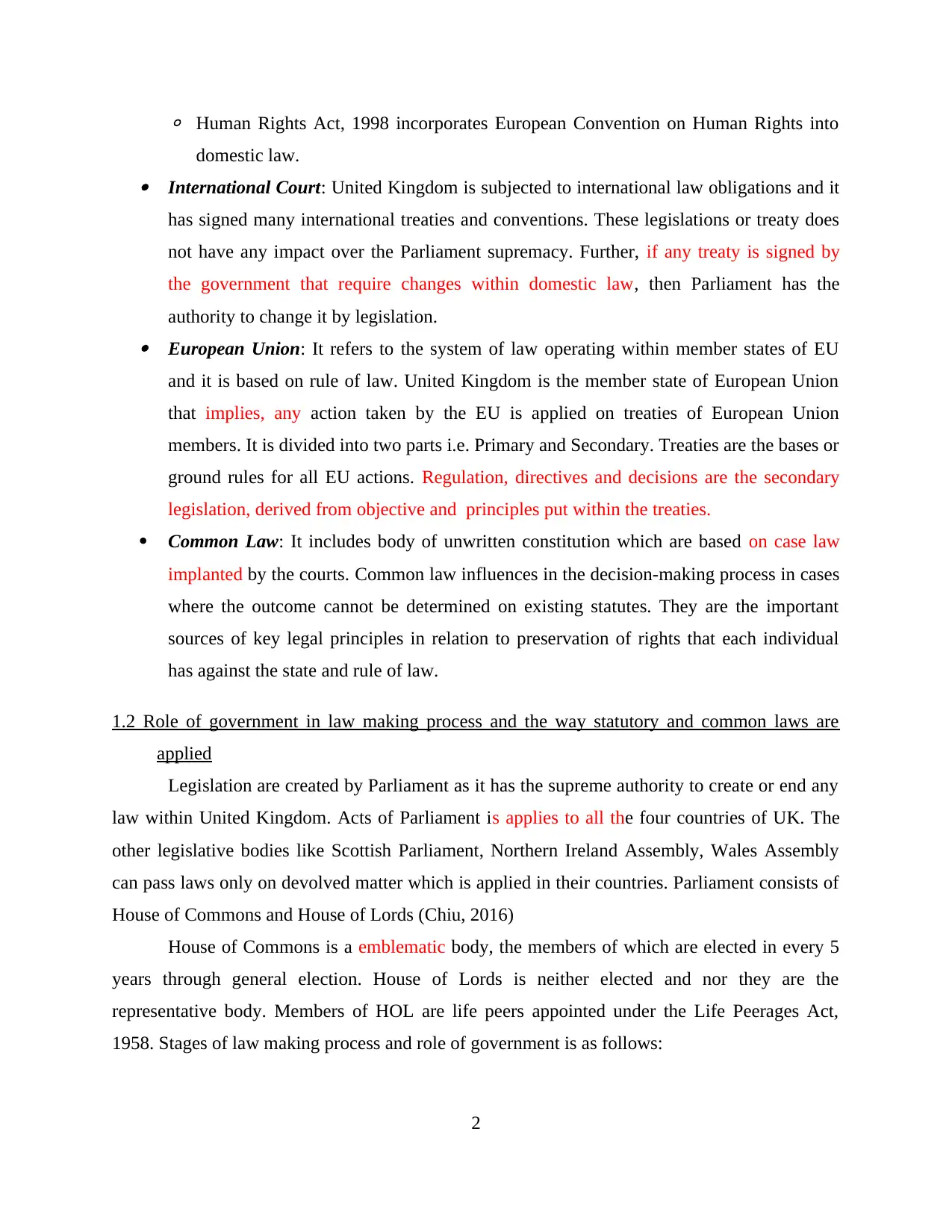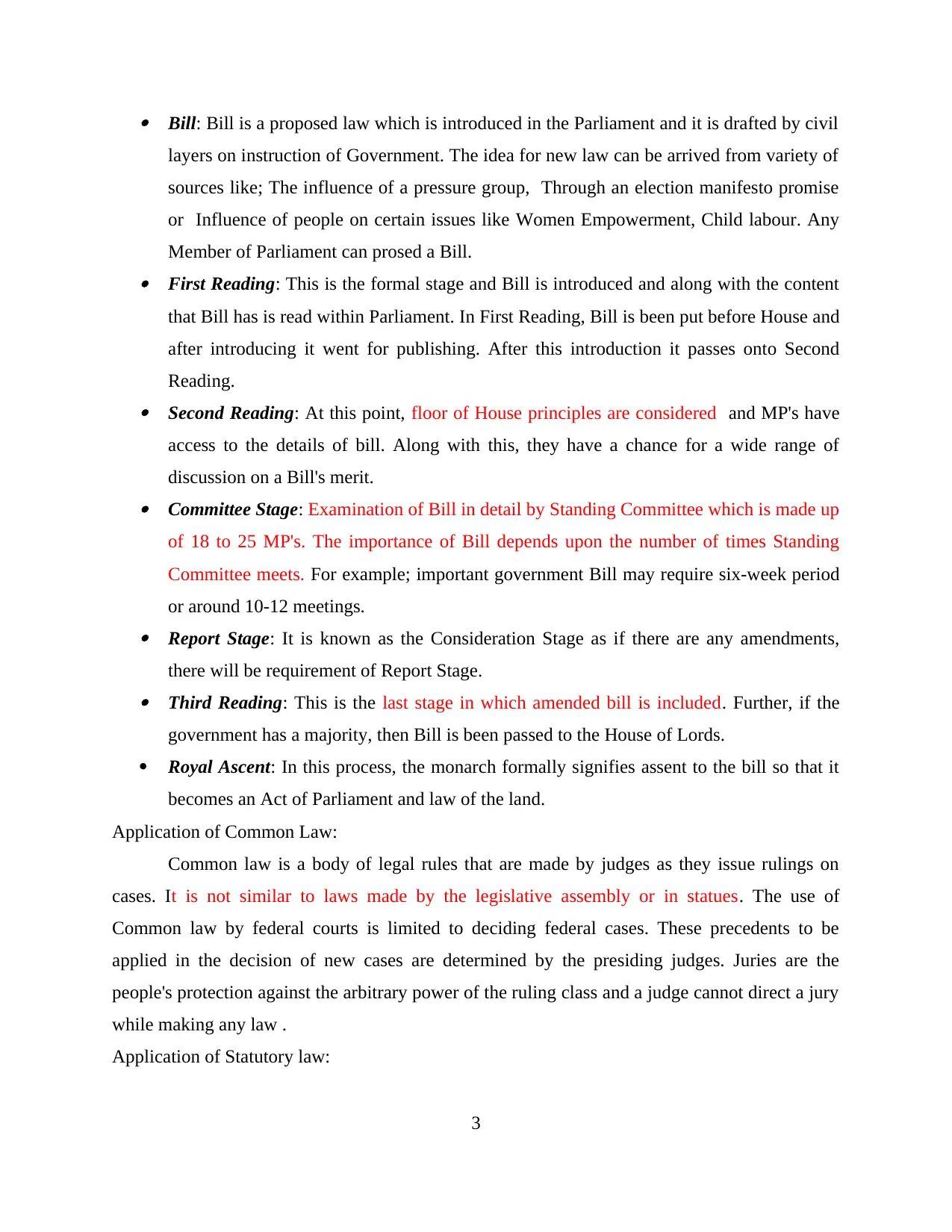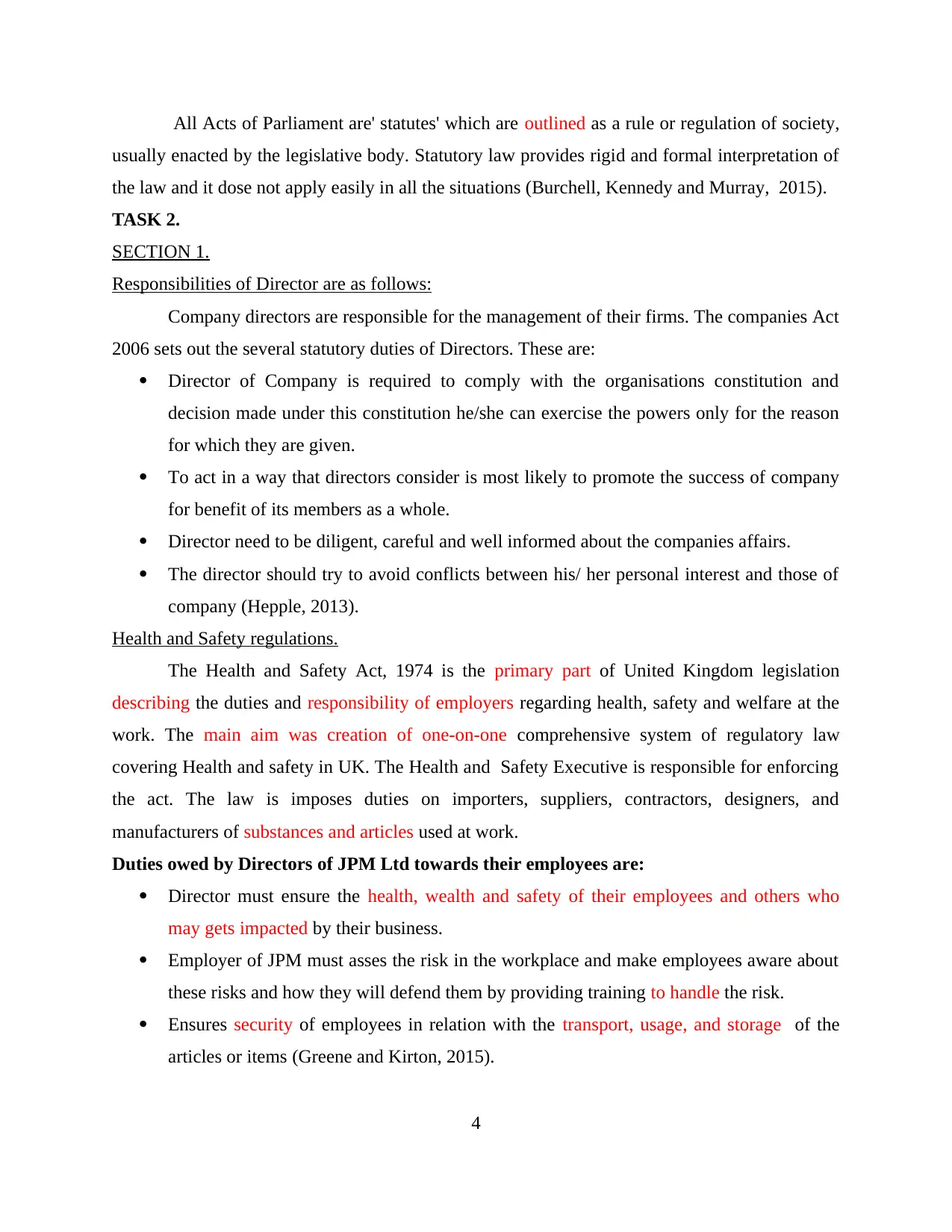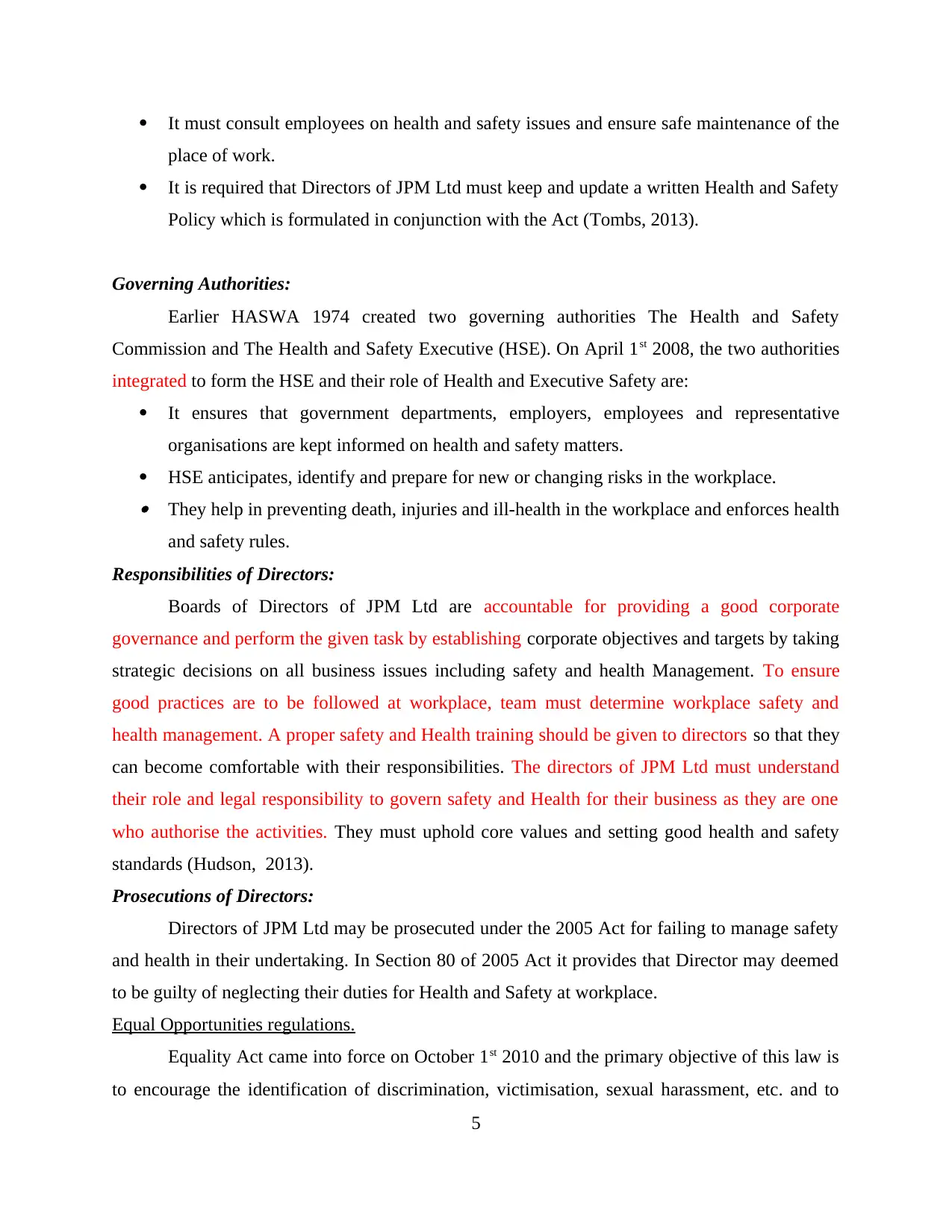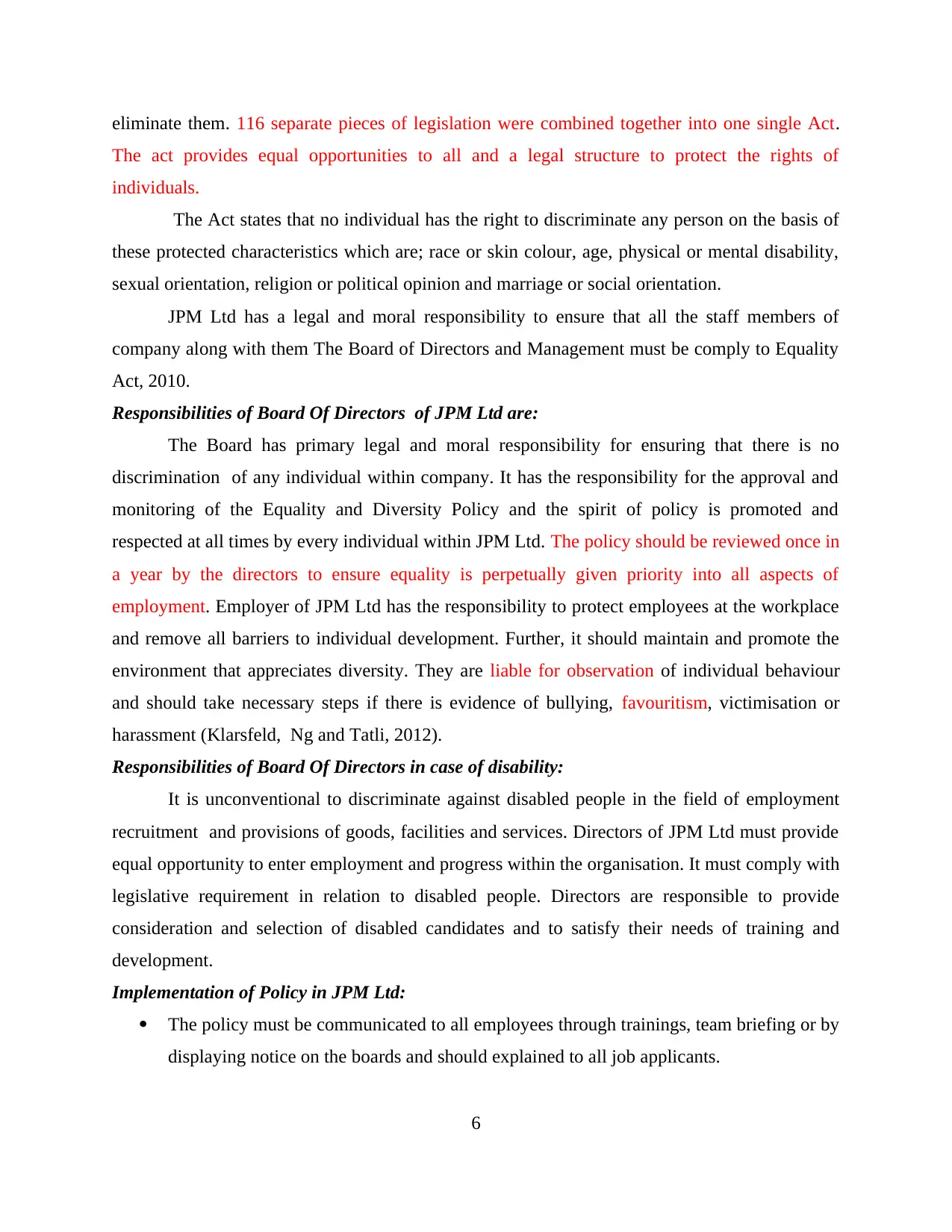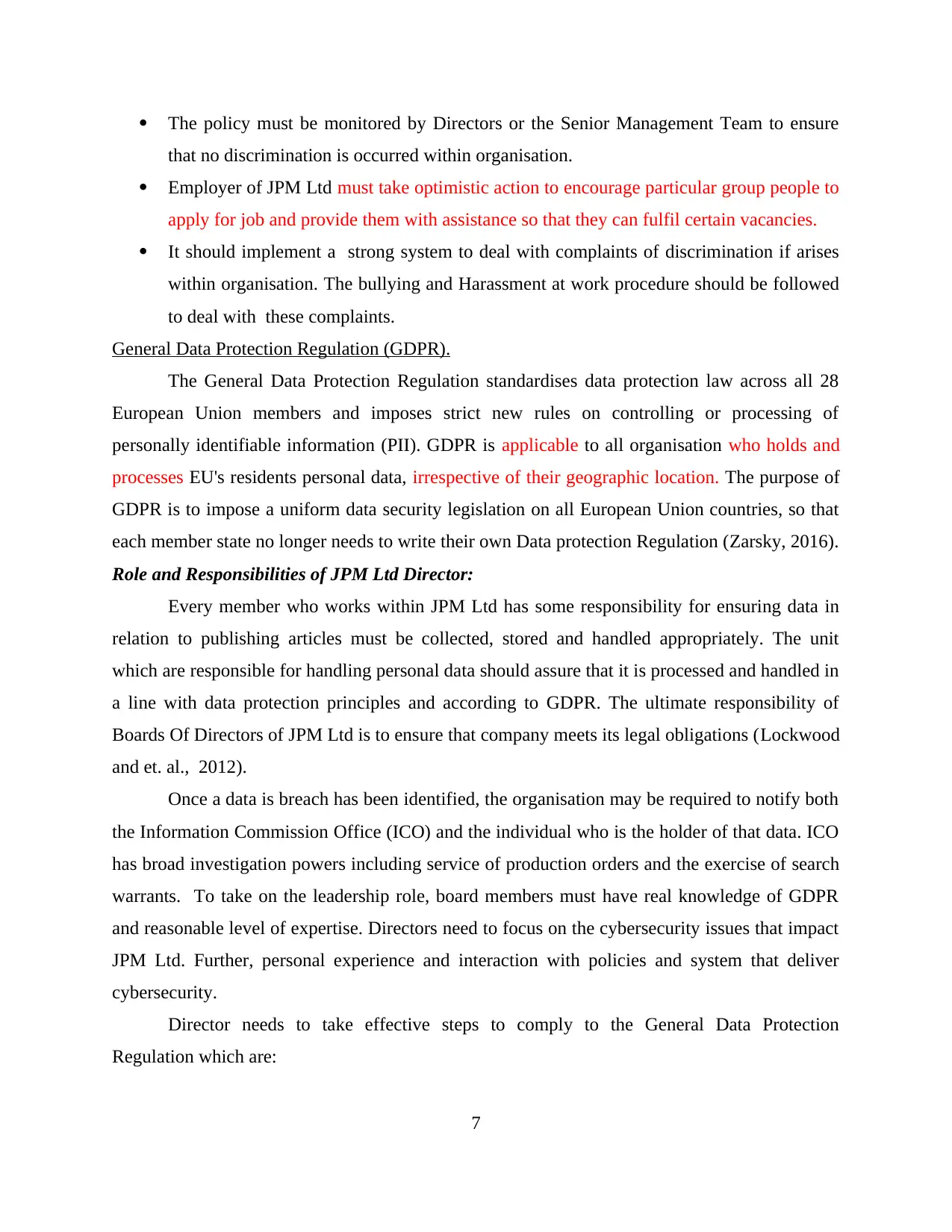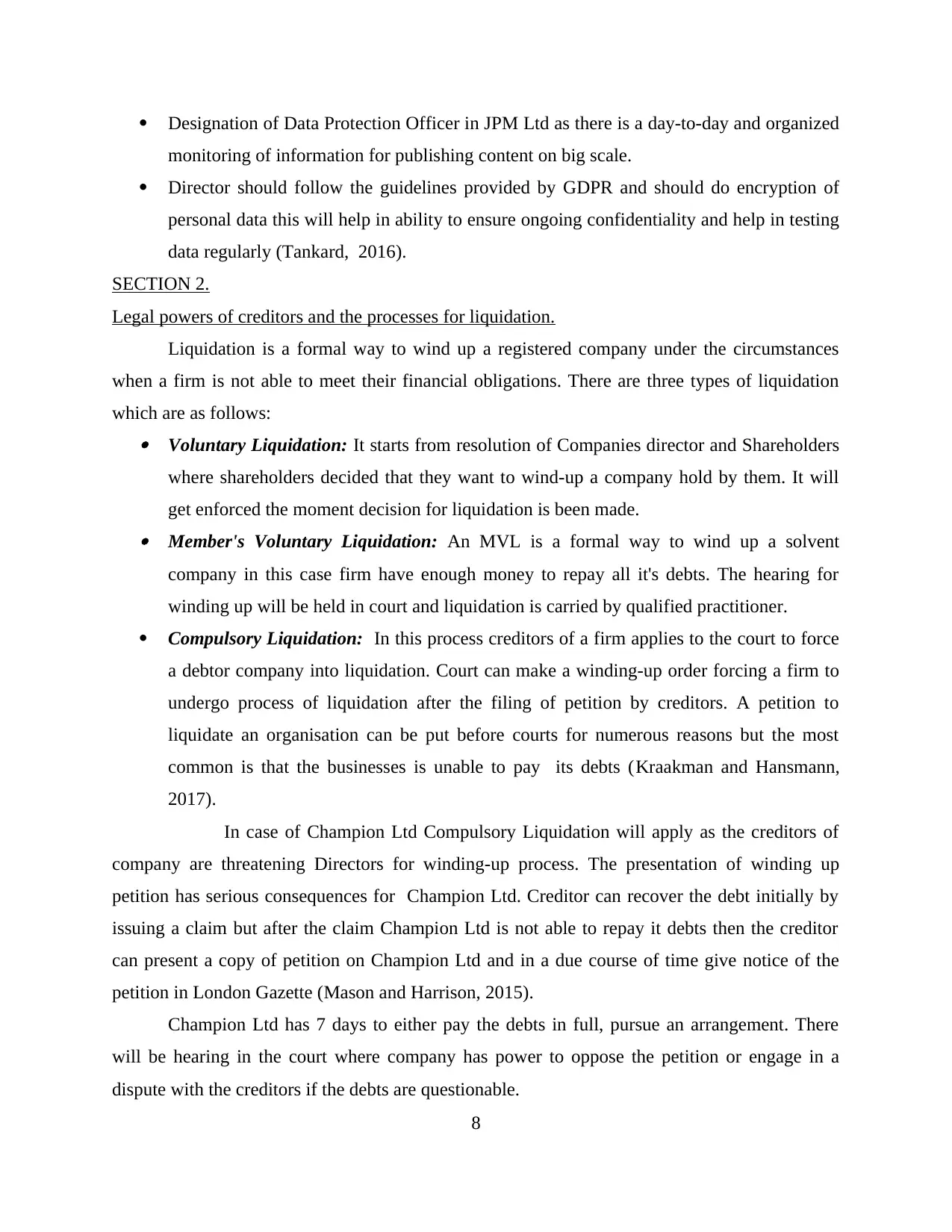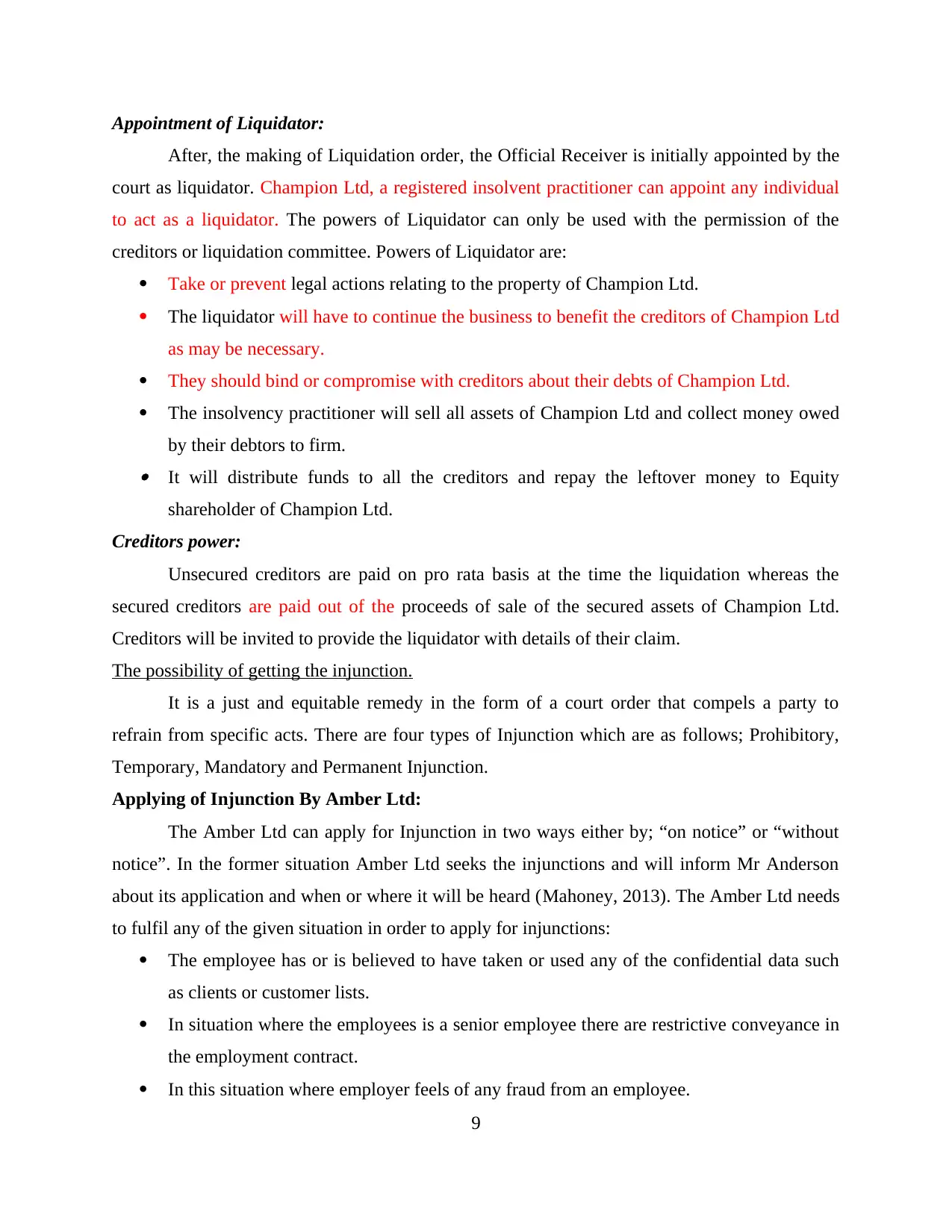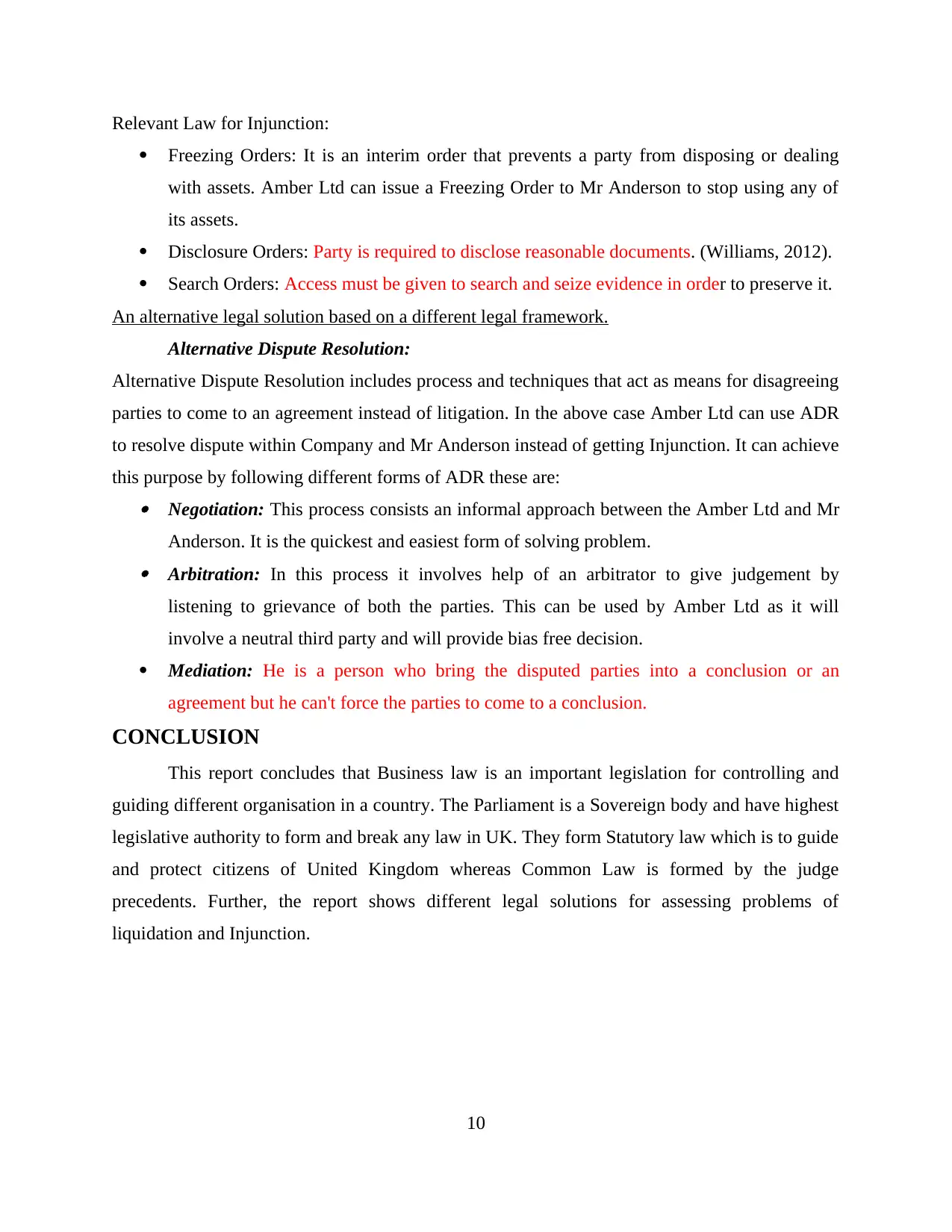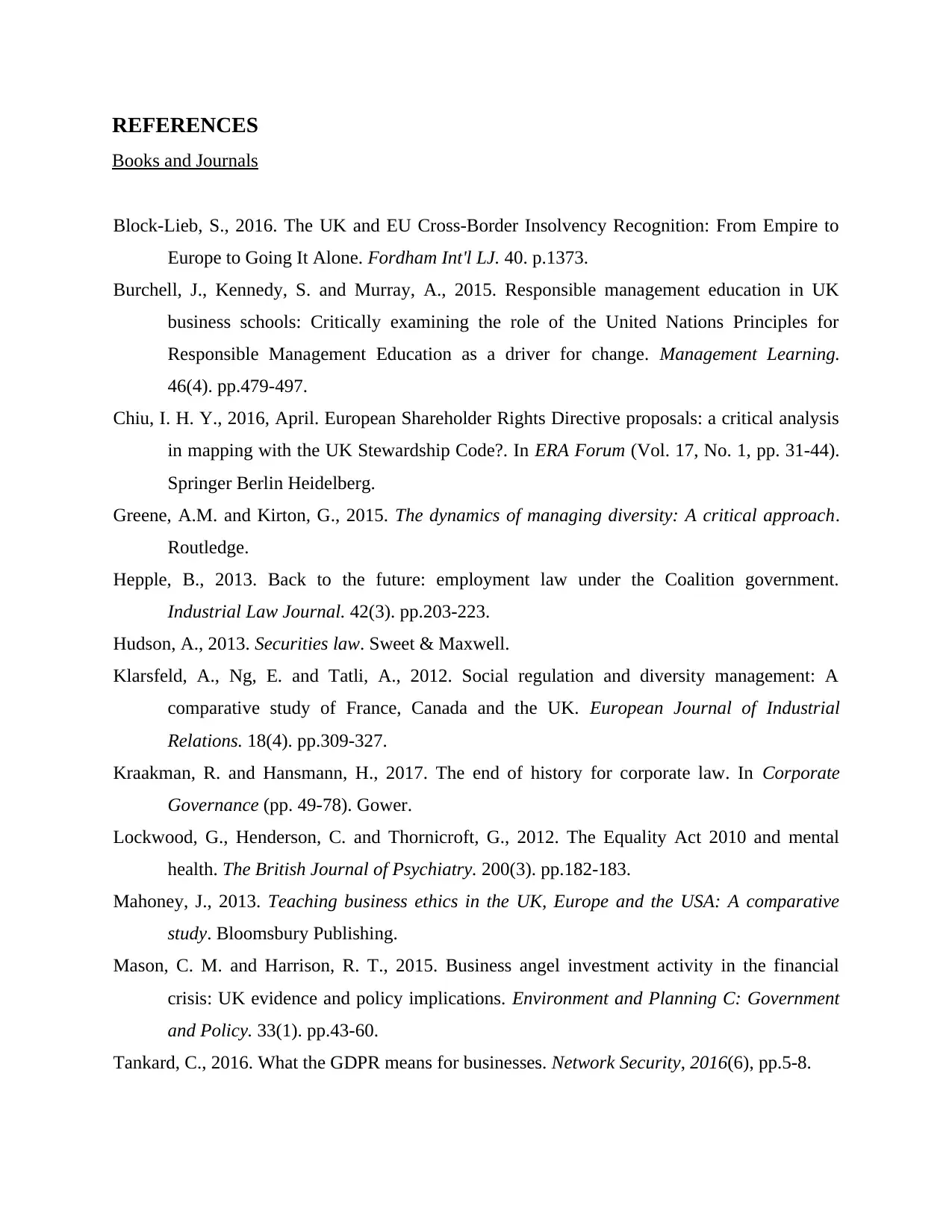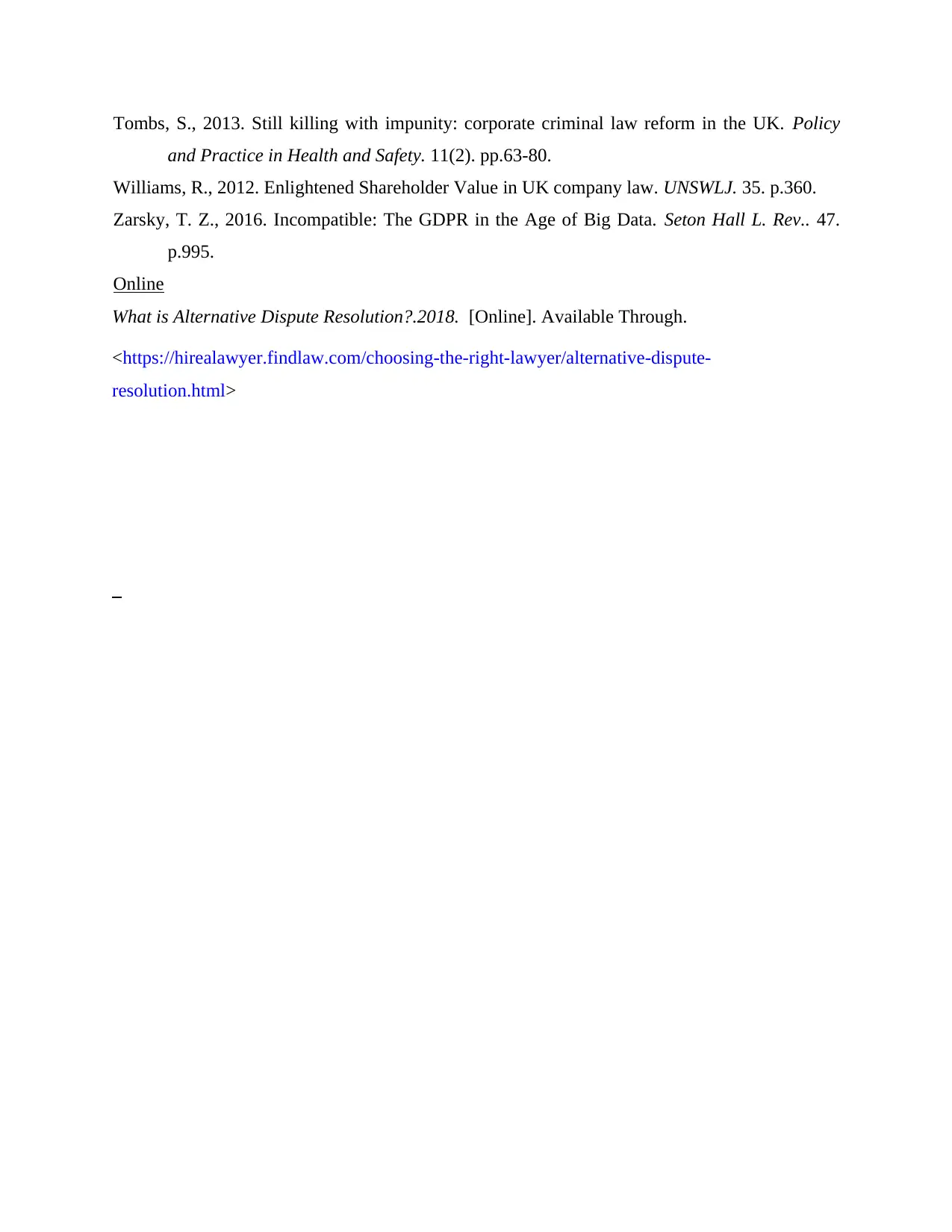The assignment reviews various aspects of UK corporate law, including statutory laws formed by Parliament, common law formed by judge precedents, and their impact on businesses in the UK. It discusses the legislative authority of Parliament to form and break any law in the UK, as well as the role of shareholder rights directives and stewardship codes. The document also examines employment law under the Coalition government, securities laws, social regulation, diversity management, and mental health laws. Furthermore, it touches upon business ethics teaching in the UK, Europe, and the USA, and explores the implications of the GDPR for businesses. This comprehensive review is essential for students, professionals, and researchers interested in UK corporate law and governance.
![[object Object]](/_next/static/media/star-bottom.7253800d.svg)
![[object Object]](/_next/static/media/star-bottom.7253800d.svg)
